Tomato Sauce Making Machine - Chinese Manufacturer, Factory, Supplier
In an era where culinary consistency and industrial throughput dictate market success, the Tomato Sauce Making Machine stands as a cornerstone of modern food processing. These sophisticated systems transcend traditional batch methods, merging fluid dynamics, thermal engineering, and automation to deliver sauces with uncompromised flavor, texture, and microbiological safety. For producers navigating the complexities of viscosity control, particulate suspension, and high-volume output, these machines are not just tools—they are strategic imperatives.
At the core of the Tomato Sauce Making Machine lies an orchestration of precision-crafted components. High-torque auger-fed grinders and ultra-fine homogenization chambers ensure optimal cell rupture in raw tomatoes, maximizing lycopene extraction while preserving volatile aromatic compounds. Unlike rudimentary crushers, these systems employ adaptive variable-frequency drives (VFDs) to calibrate grinding intensity, accommodating everything from heirloom Roma varieties to industrial-grade paste tomatoes. This adaptability guarantees uniform particle size distribution—a critical factor in achieving the silken mouthfeel demanded by discerning consumers.
Automation elevates efficiency to unprecedented heights. Integrated programmable logic controllers (PLCs) synchronize operations from pulping to packaging, minimizing human intervention and reducing labor costs by up to 35%. For instance, a Tomato Sauce Making Machine equipped with real-time Brix refractometers dynamically adjusts sugar-acid balances during processing, ensuring compliance with USDA Grade A standards. Coupled with vacuum-assisted pasteurization modules, these systems extend shelf life by inhibiting microbial proliferation, eliminating the need for chemical preservatives.
Customization is paramount. Modular designs allow manufacturers to retrofit machines with cold-break or hot-break configurations, tailoring thermal profiles to preserve fresh tomato nuances or develop the caramelized depth of slow-cooked sauces. Electropolished stainless steel contact surfaces, finished to a 0.4-micron Ra (roughness average), resist corrosion from acidic pomace—a necessity for maintaining hygiene and longevity. High-end models even integrate blockchain-enabled IoT sensors, enabling end-to-end traceability from harvest to bottle and ensuring alignment with HACCP protocols.
Sustainability is no longer optional. Energy recovery systems capture waste heat from pasteurization to pre-treat incoming tomatoes, slashing thermal energy consumption by 22%. Waterless cleaning-in-place (CIP) protocols, utilizing food-grade enzymatic detergents, reduce water usage by 40%—a critical advantage for brands committed to ESG (Environmental, Social, Governance) benchmarks.
For artisanal startups and multinational conglomerates alike, investing in a Tomato Sauce Making Machine is a transformative decision. By harmonizing technological rigor with culinary artistry, these systems empower producers to scale operations, uphold quality, and meet surging global demand. In an industry where milliseconds separate leaders from laggards, the choice to embrace automation isn’t just pragmatic—it’s existential. The future of tomato sauce production belongs to those who dare to innovate.

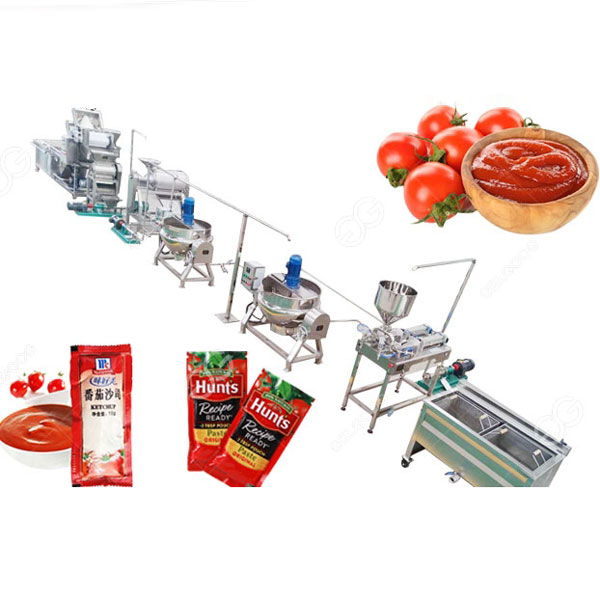 Small Scale Tomato Sauce Making Machine
Small Scale Tomato Sauce Making Machine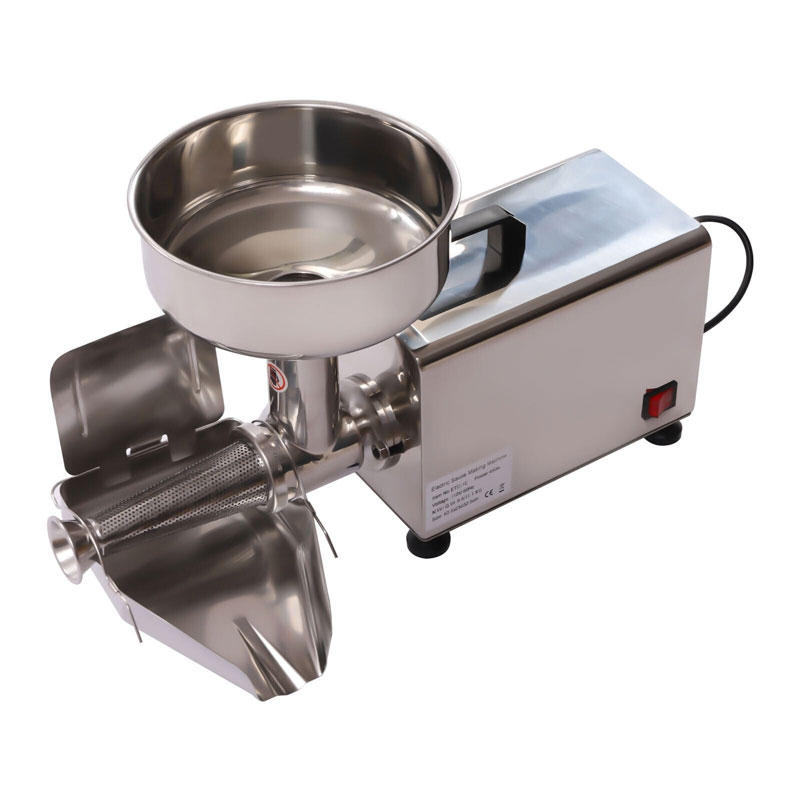 Tomato Sauce Milling Machine
Tomato Sauce Milling Machine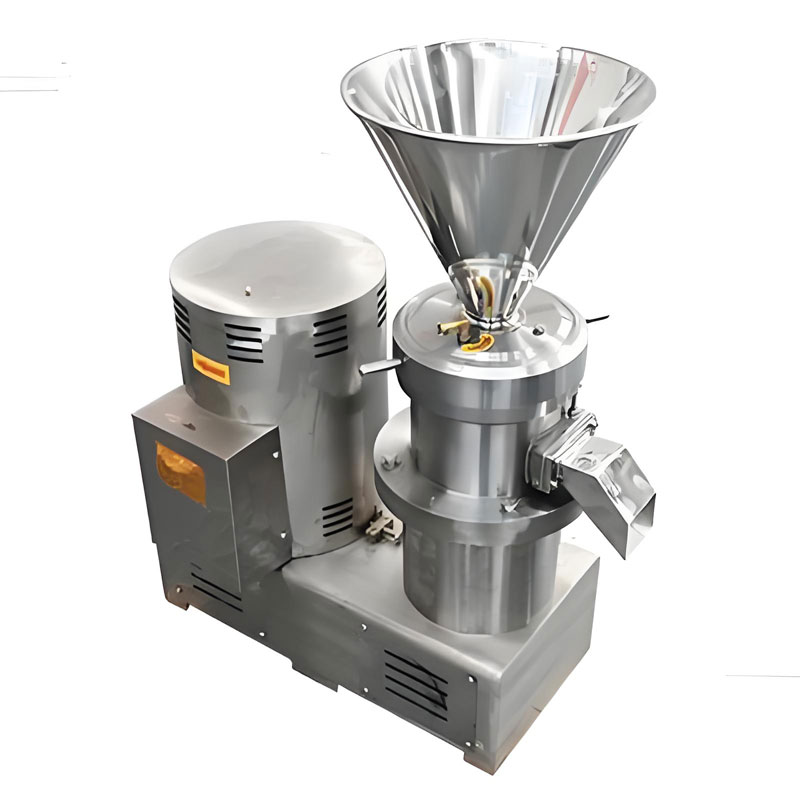 Tomato Sauce Grinding Machine
Tomato Sauce Grinding Machine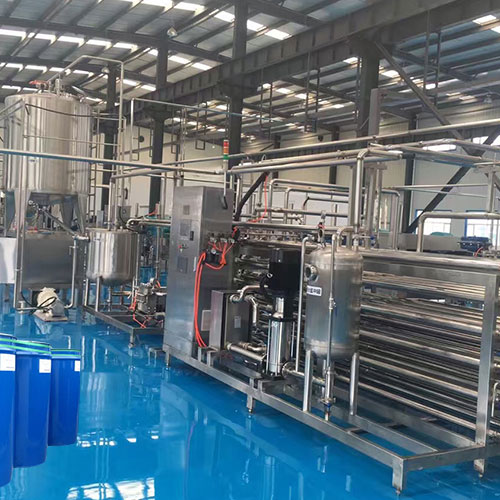 Tomato Juice Processing Production Line
Tomato Juice Processing Production Line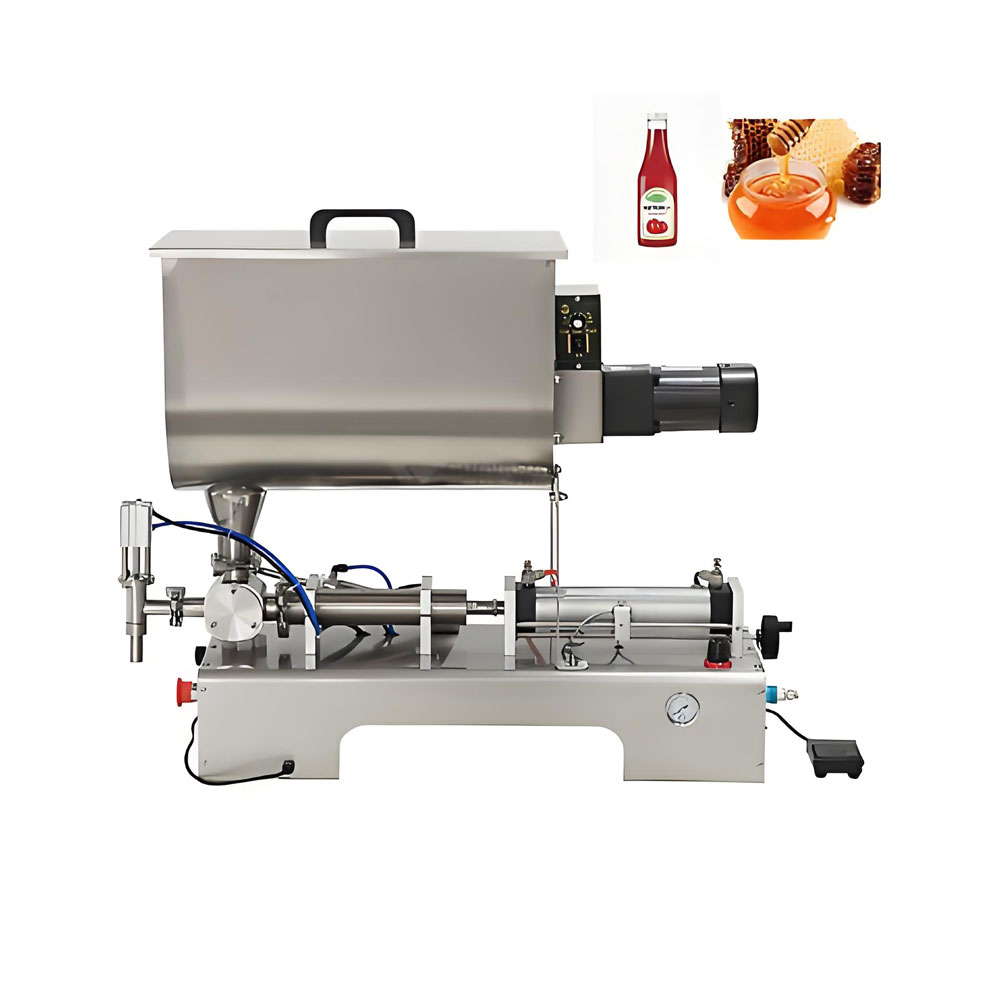 Sauce Filling Machine
Sauce Filling Machine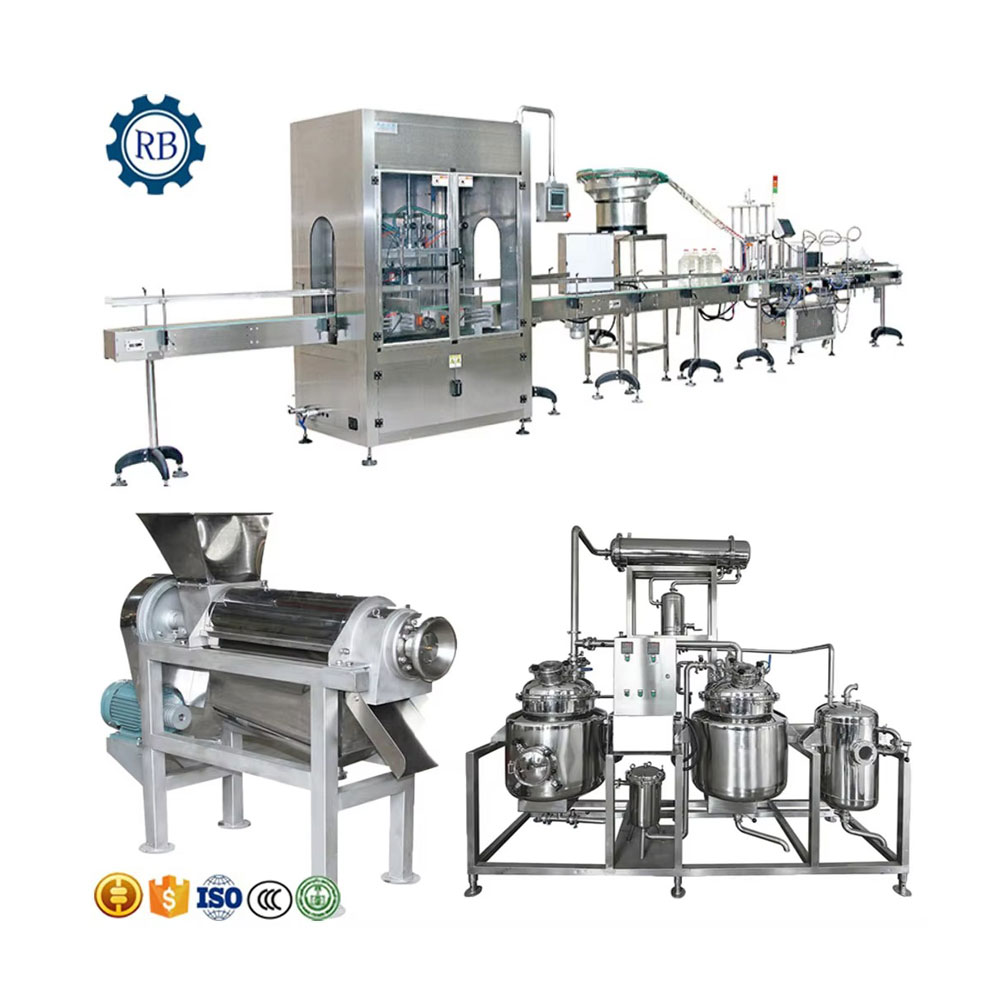 Tomato Sauce Machine
Tomato Sauce Machine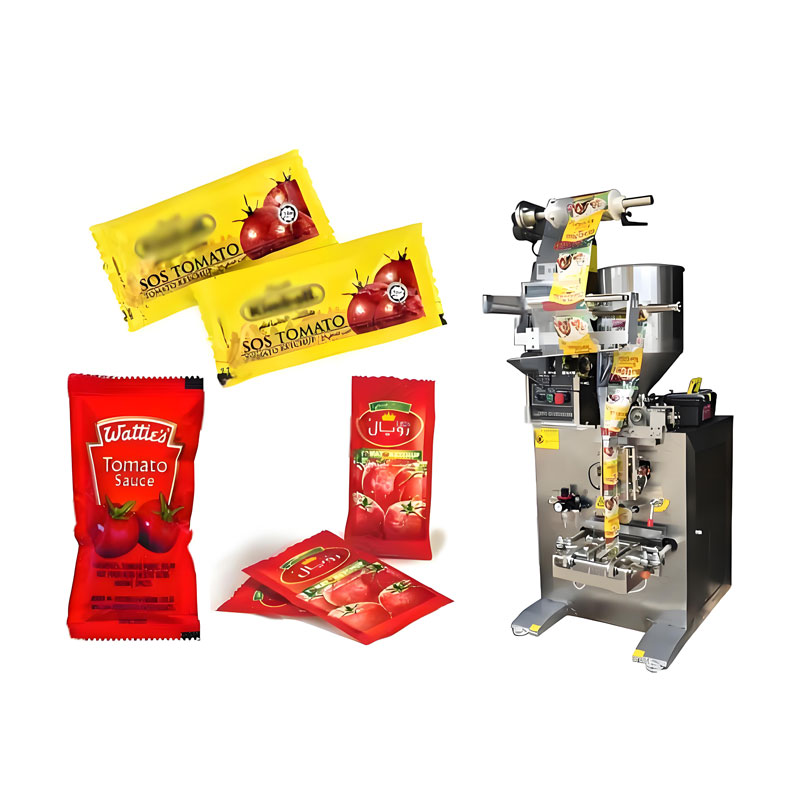 Tomato Sauce Packaging Machine
Tomato Sauce Packaging Machine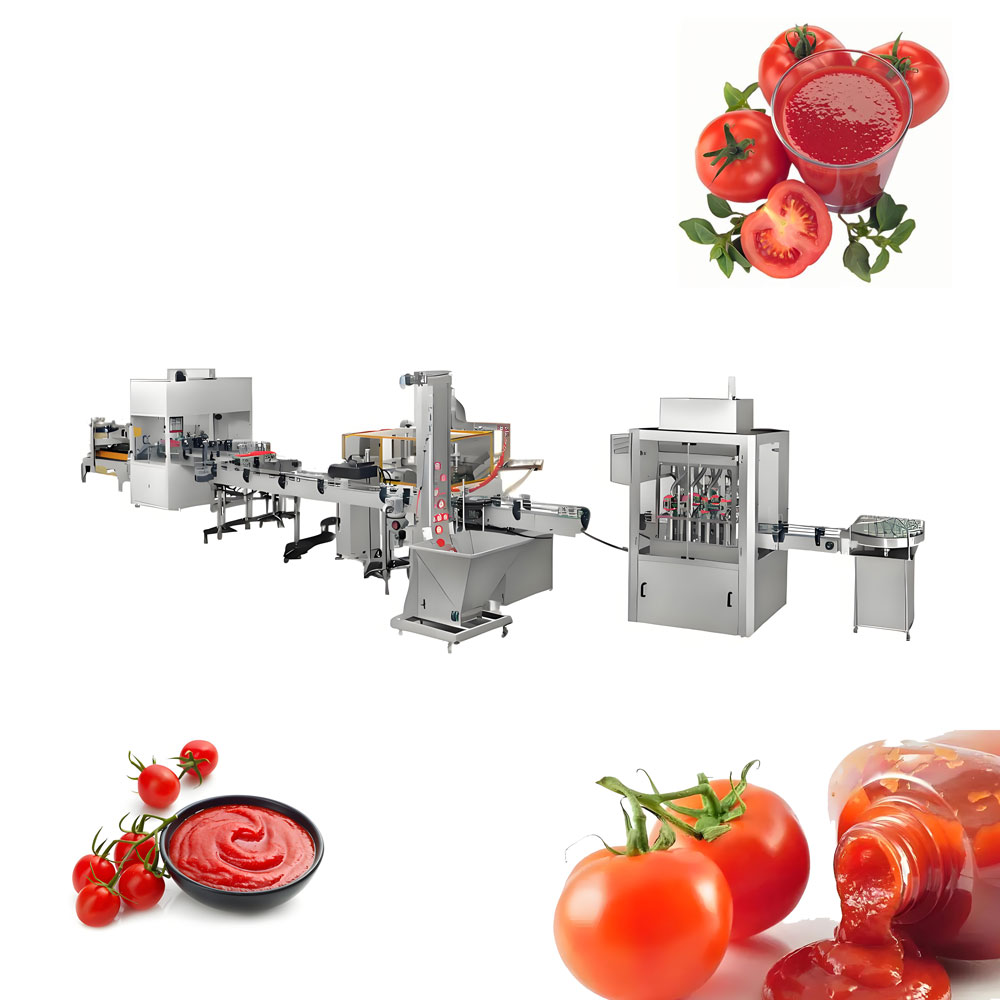 Tomato Ketchup Processing Line
Tomato Ketchup Processing Line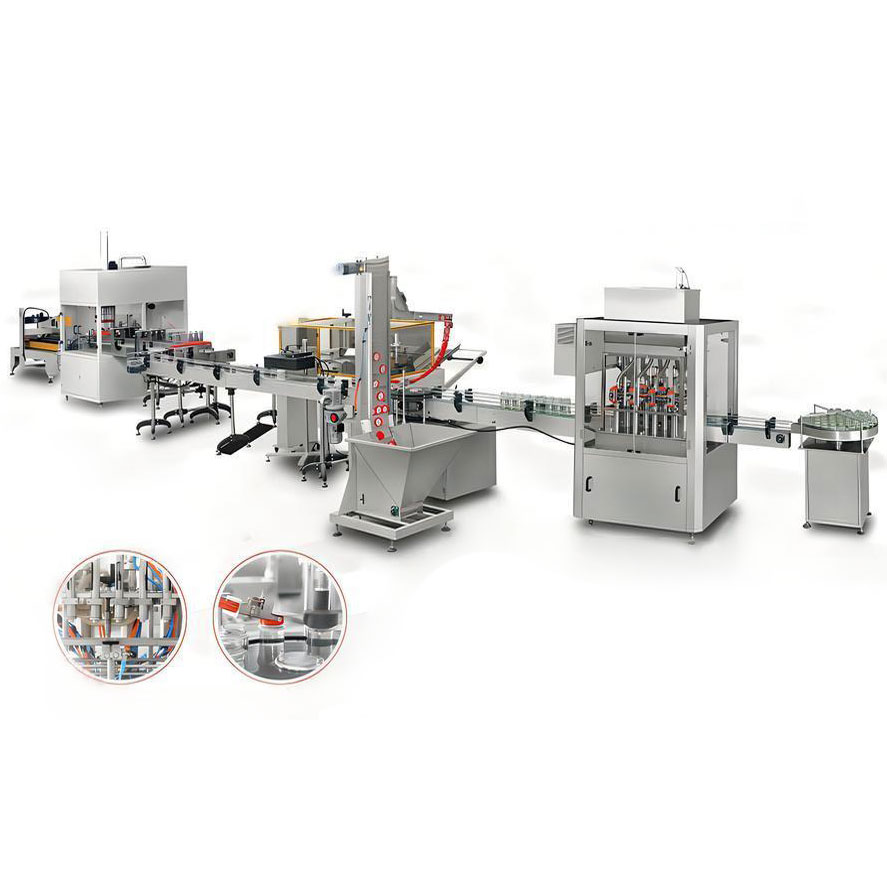 Tomato Paste Production Line
Tomato Paste Production Line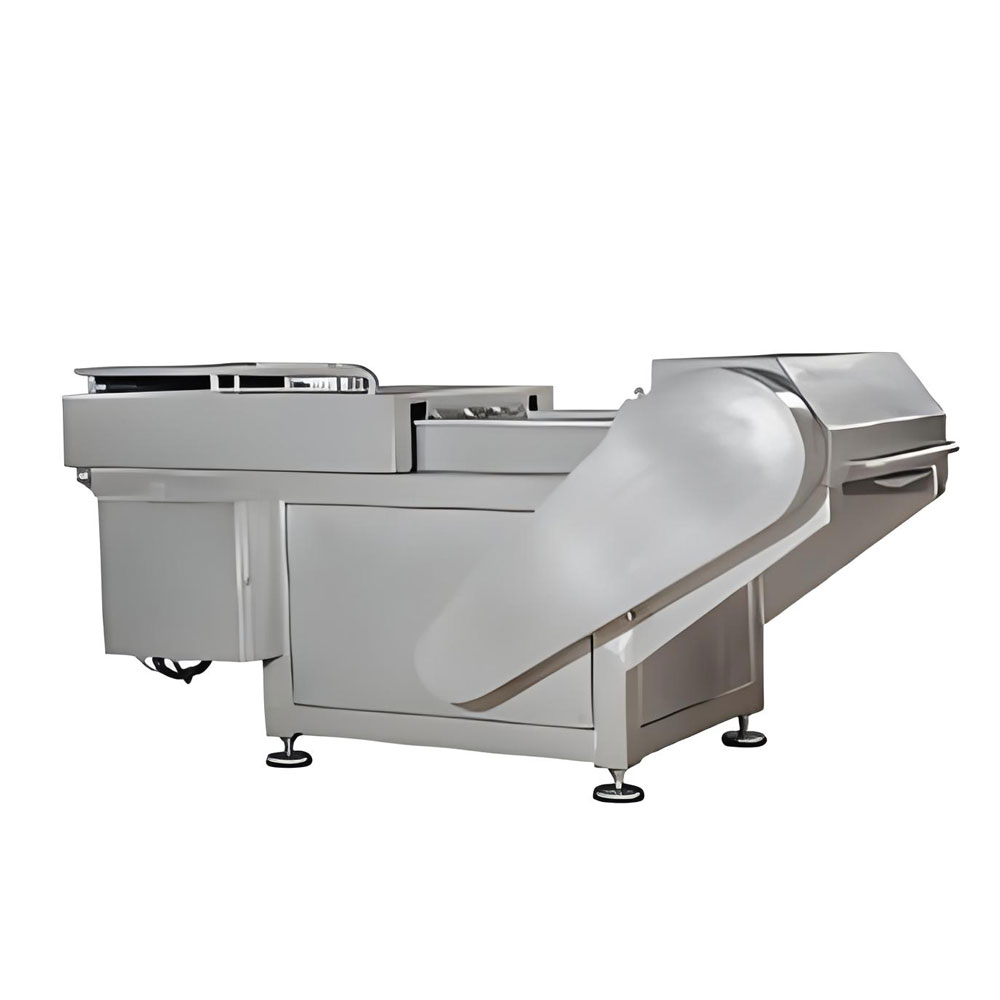 Industrial Frozen Meat Slicing Machine
Industrial Frozen Meat Slicing Machine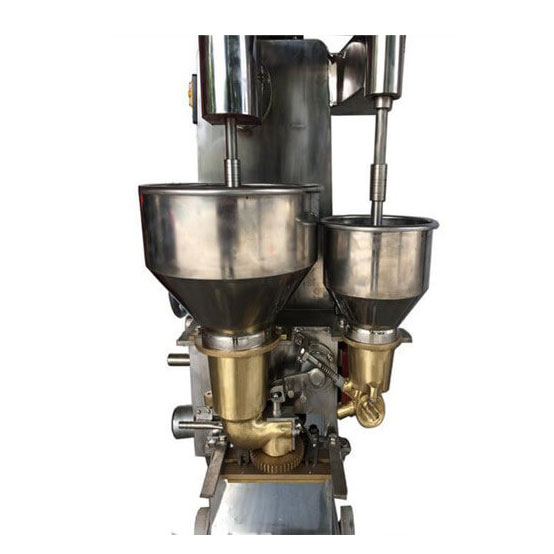 Stuffed Meatball Machine
Stuffed Meatball Machine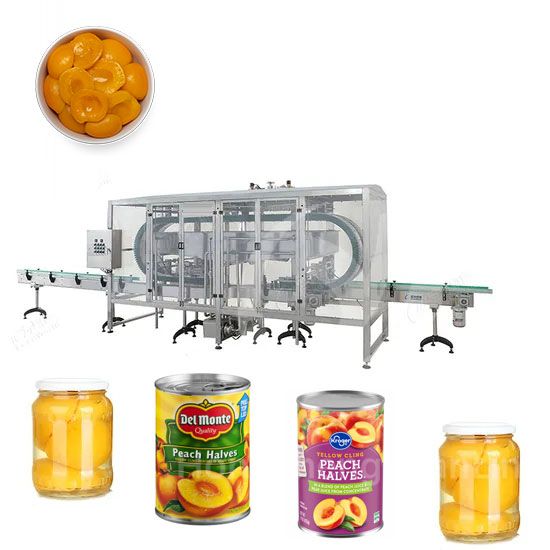 Peach Canned Food Production Line
Peach Canned Food Production Line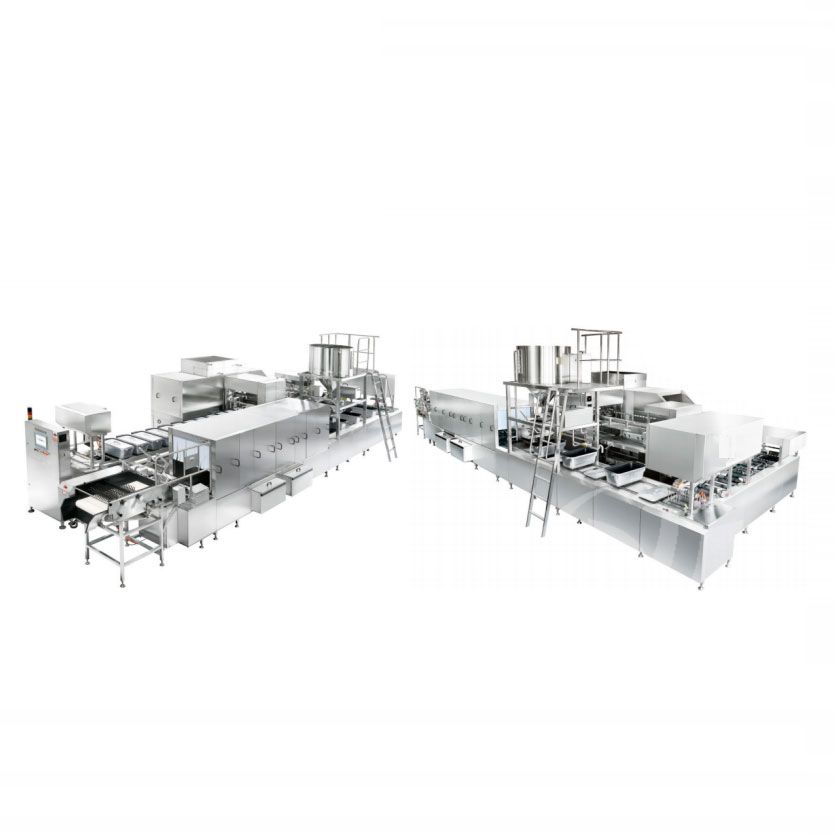 Unmanned Intelligent Rice Production Line
Unmanned Intelligent Rice Production Line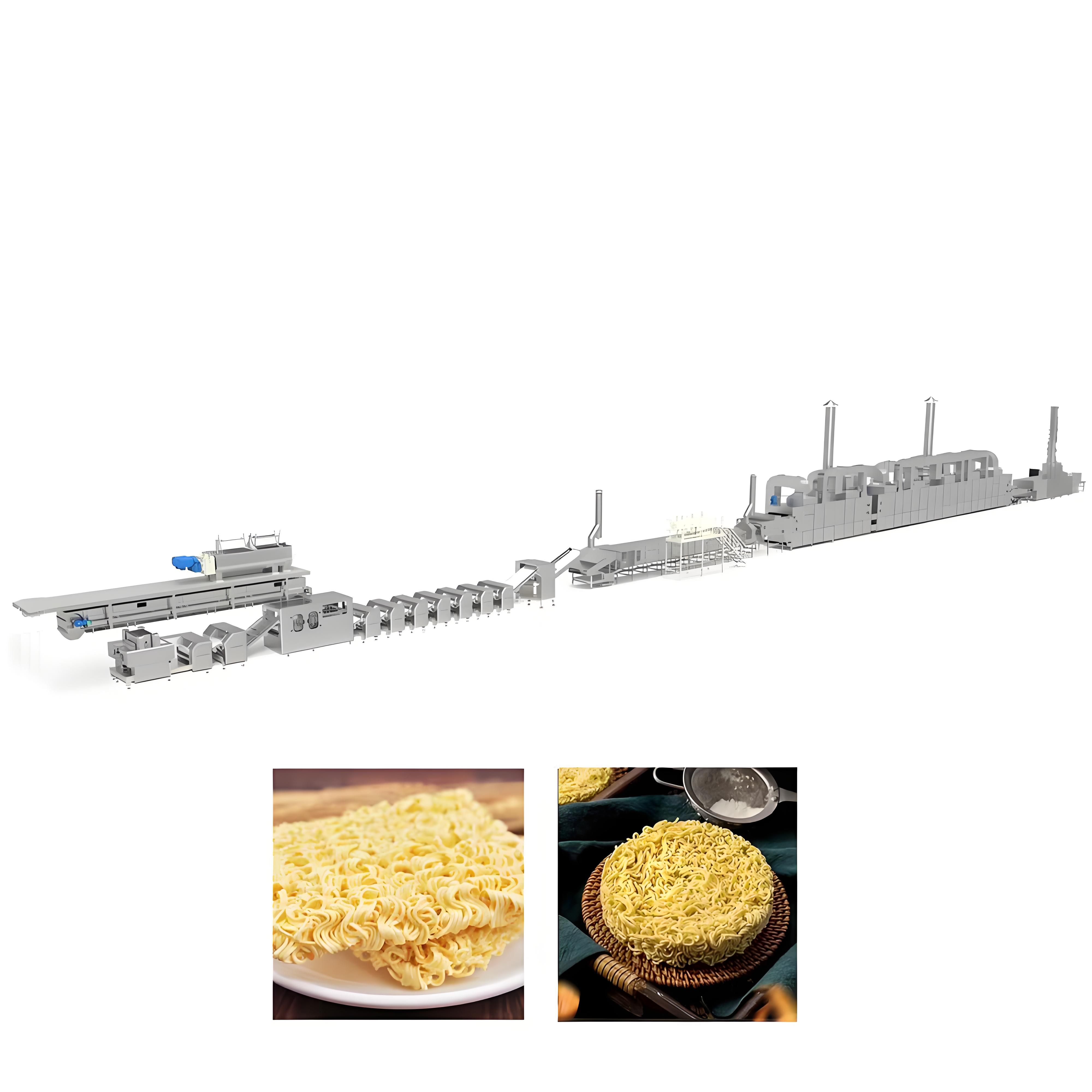 Deep-Fried Instant Noodle Production Line
Deep-Fried Instant Noodle Production Line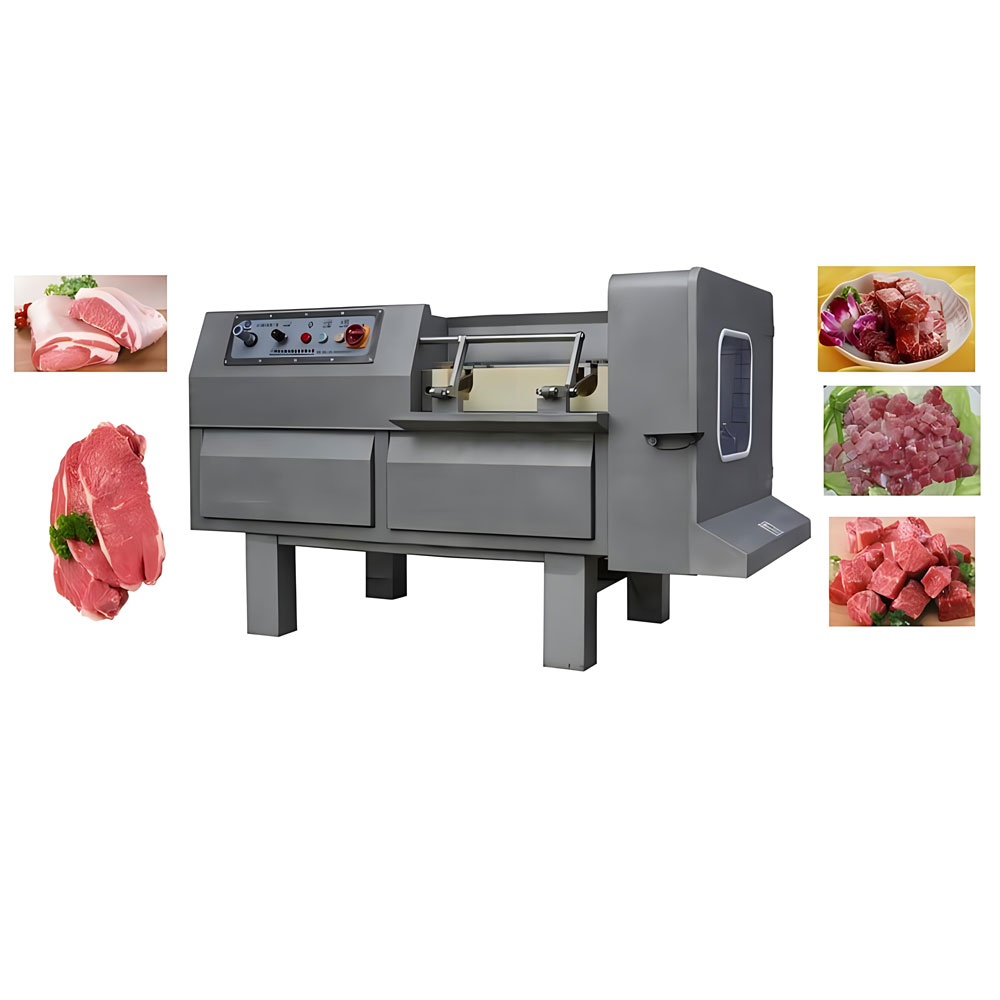 Automatic Fresh Meat Dicing Machine
Automatic Fresh Meat Dicing Machine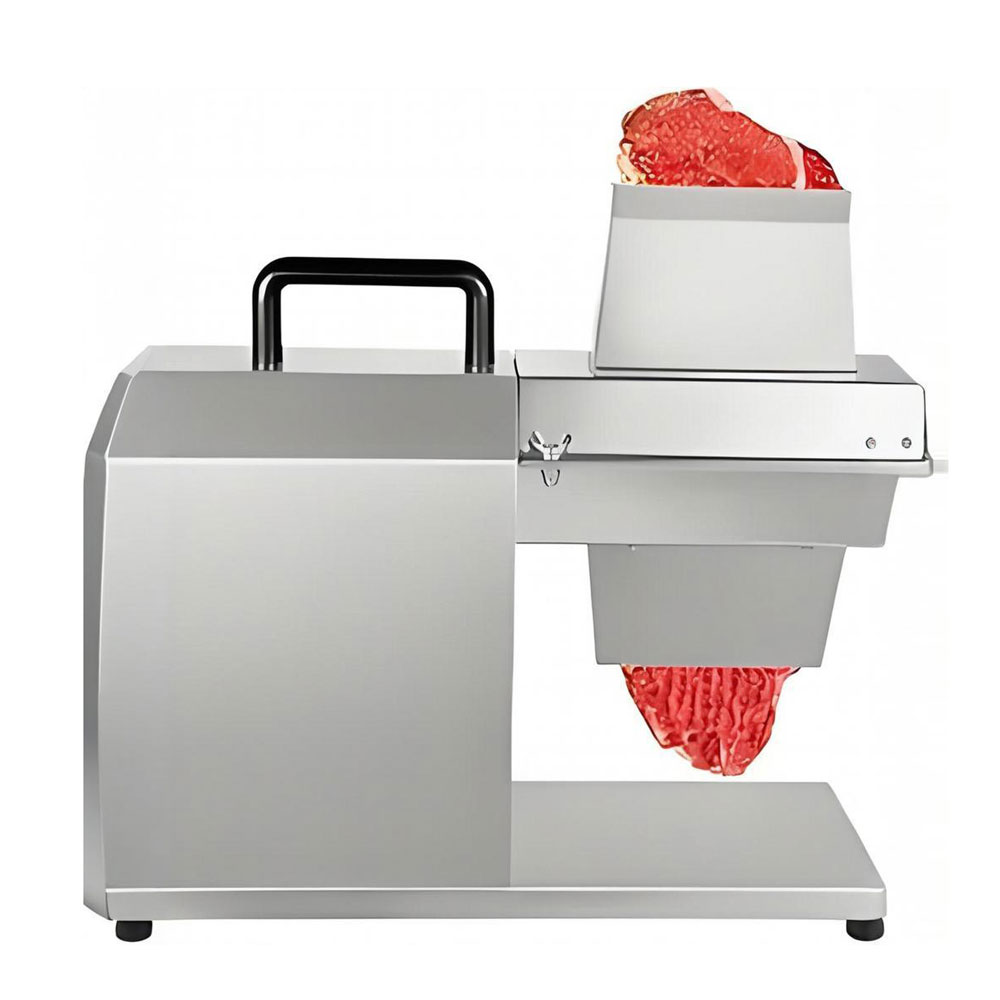 Meat Cuber Machine
Meat Cuber Machine